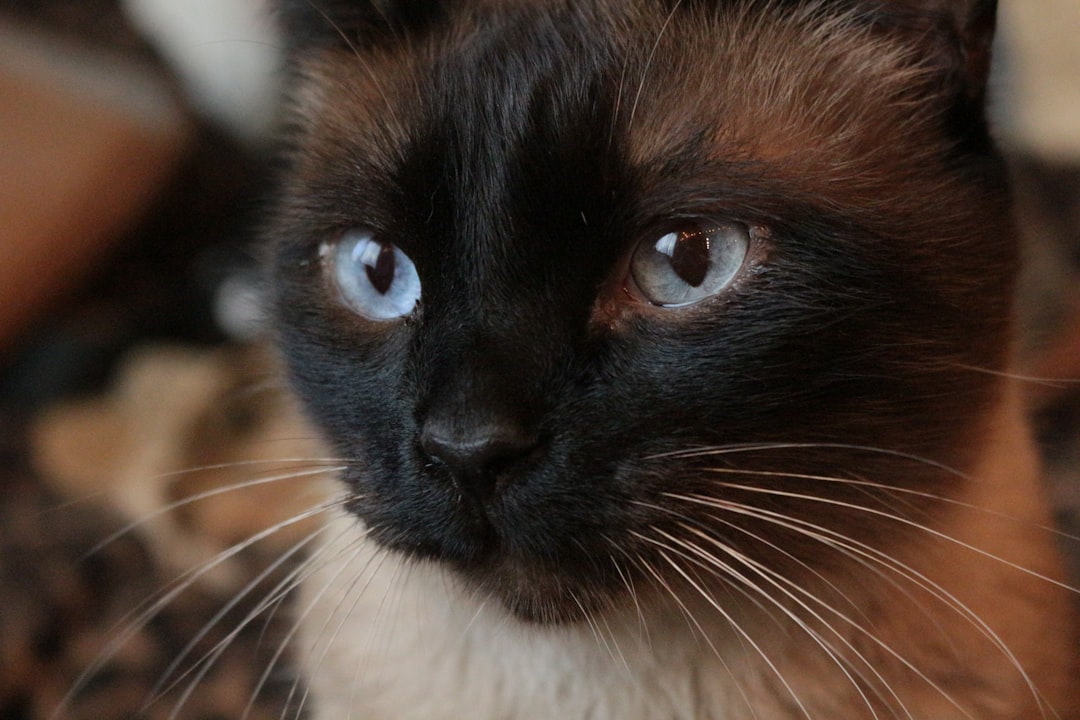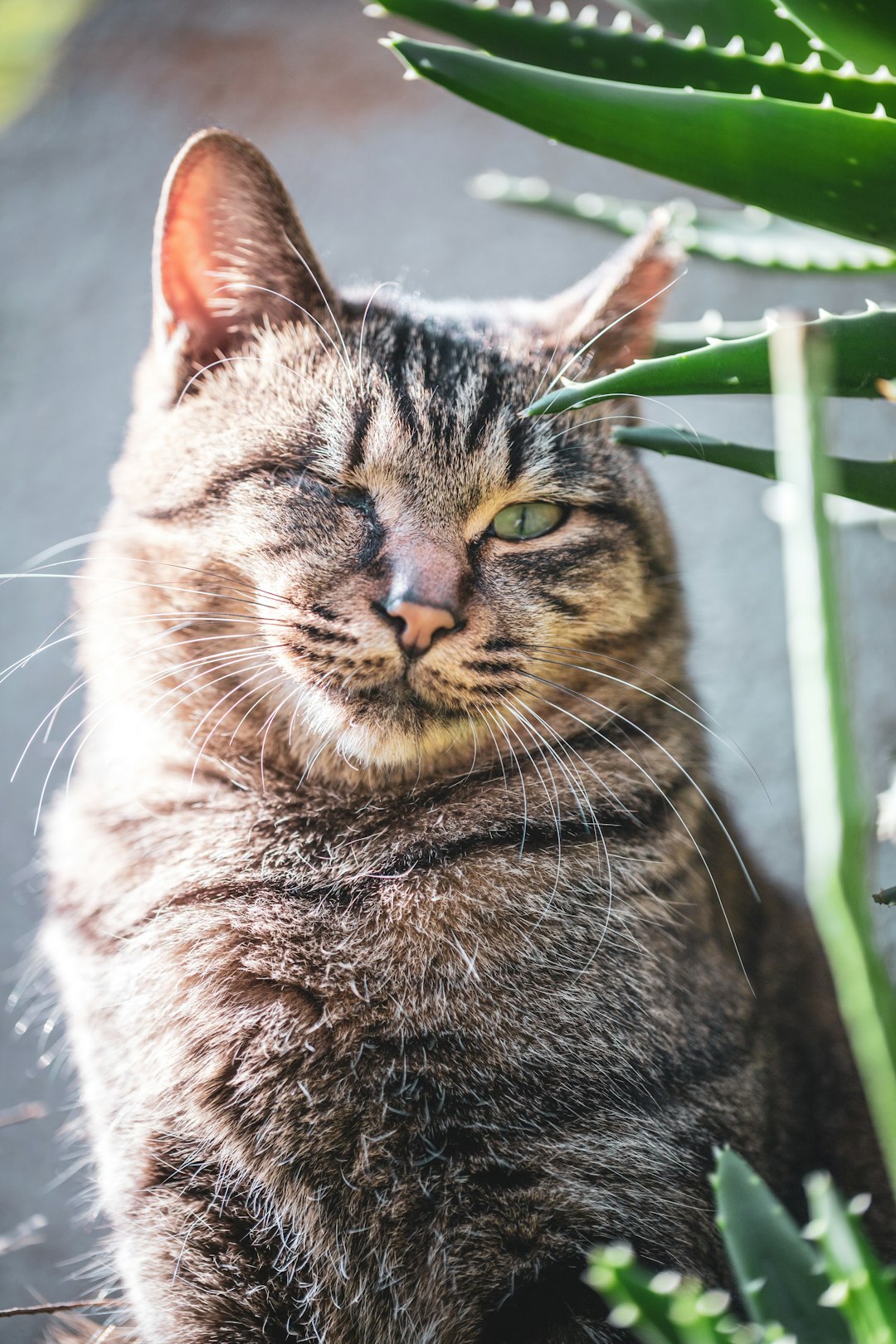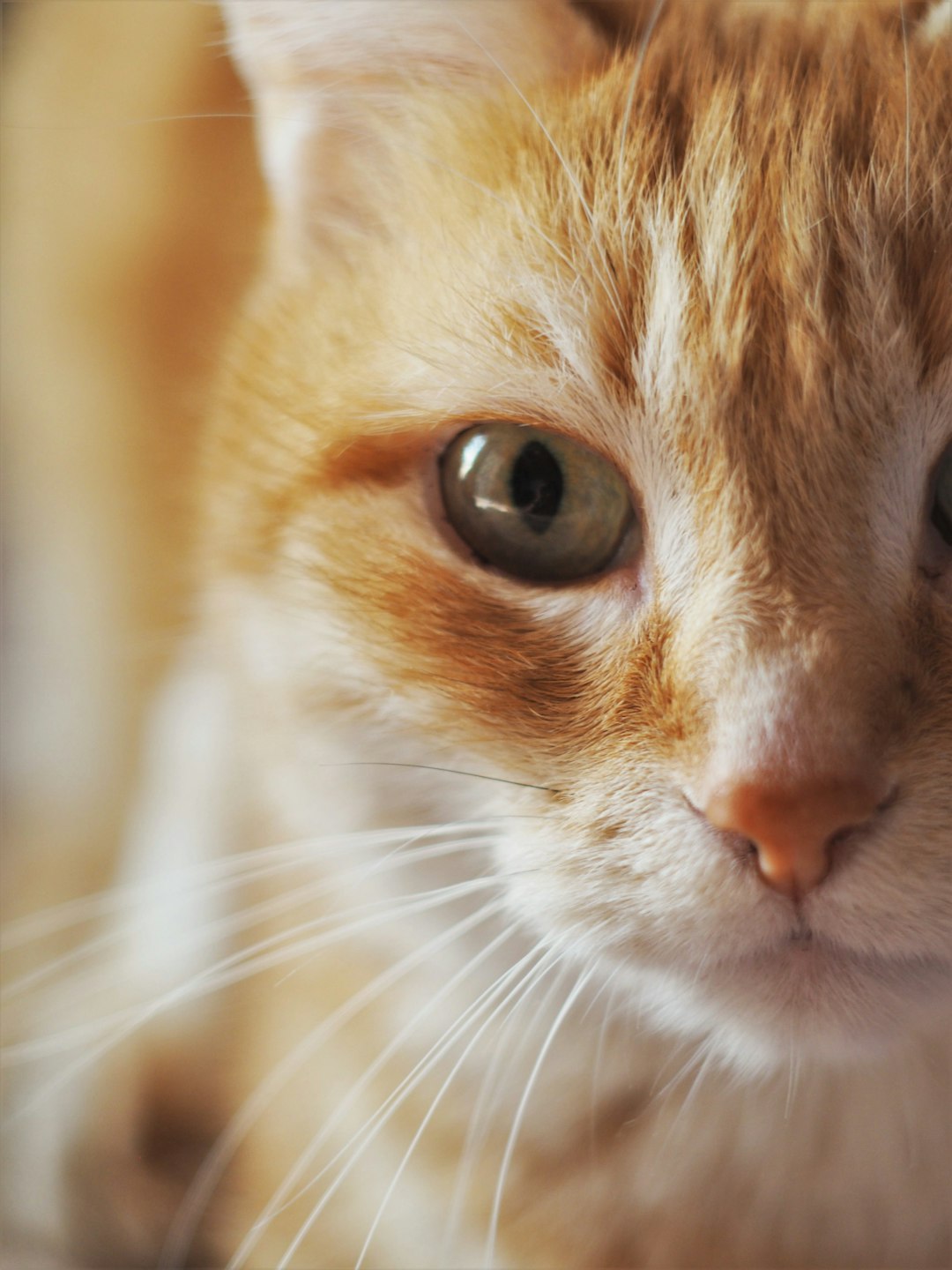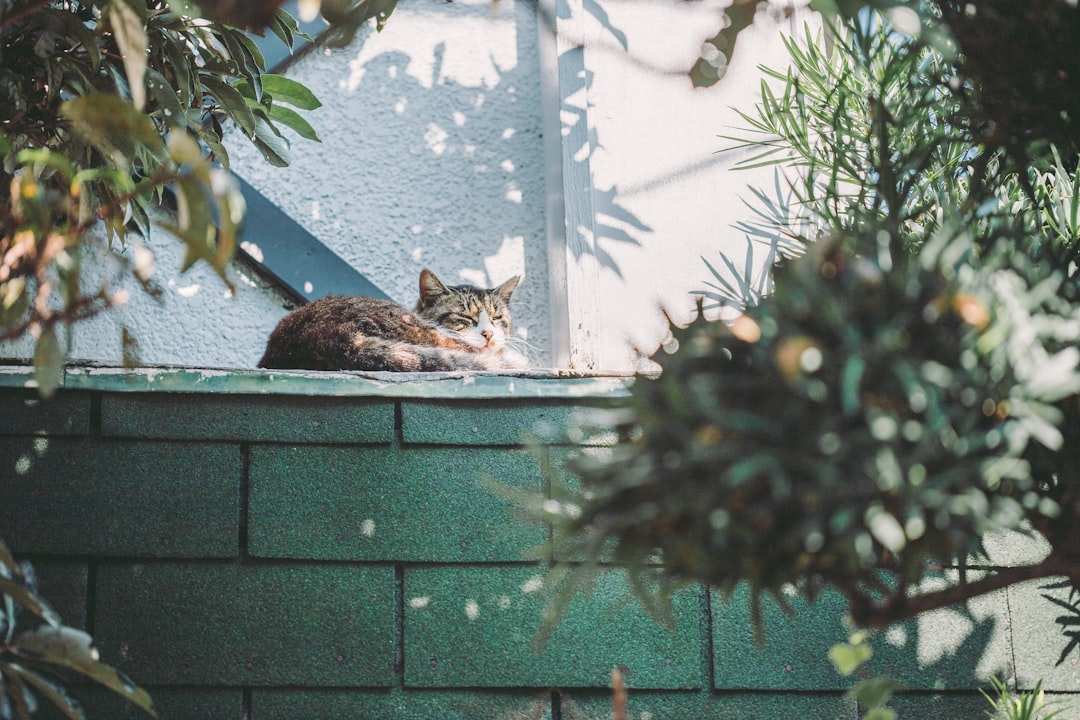Experiencing diarrhea in cats can be alarming for any pet owner. When your cat has diarrhea, it often signals underlying health issues that need attention. Understanding the common causes, such as dietary changes, infections, or stress, is crucial for effective treatment. Additionally, recognizing the signs and symptoms can help you assess the severity of the situation. In this post, we will explore various treatment options, at-home care tips, and guidance on when to consult a veterinarian to ensure your furry friend stays healthy and comfortable.
Understanding Diarrhea in Cats
Diarrhea in cats can be a concerning issue for pet owners. When your cat has diarrhea, it indicates that their digestive system is not functioning properly. Understanding this condition helps in identifying underlying causes and determining appropriate responses.
Key Points to Consider:
- Definition: Diarrhea refers to frequent, loose, or watery stools, which can lead to dehydration if severe.
- Causes: Various factors contribute to diarrhea in cats, including dietary indiscretion, parasites, infections, or underlying health issues.
- Duration: Diarrhea can be acute (short-term) or chronic (long-lasting). An acute episode often resolves within a day or two. In contrast, chronic diarrhea may require veterinary intervention.
Potential Effects:
- Dehydration: If your cat has diarrhea, monitor their water intake closely, as they are at risk of dehydration.
- Stress: A sudden change in diet or environment can also lead your cat to develop diarrhea.
Recognizing when your cat has diarrhea is important. Stay observant, as it could be the first sign of a more serious condition.

Common Causes of Diarrhea in Cats
When your cat has diarrhea, it can stem from various underlying issues. Understanding these causes helps you manage the situation effectively. Here are some common causes to consider:
- Dietary Changes: Introducing new food too quickly can upset your cat’s stomach.
- Food Allergies: Some cats may react negatively to specific ingredients.
- Infections: Bacterial, viral, or parasitic infections can lead to gastrointestinal distress.
- Toxins: Ingesting toxic substances, such as certain plants, can cause diarrhea.
- Stress: Changes in environment or routine can result in stress-induced diarrhea.
- Medical Conditions: Chronic conditions like inflammatory bowel disease (IBD) or hyperthyroidism can also trigger diarrhea.
| Cause | Description | Severity |
|---|---|---|
| Dietary Changes | Sudden switch in food | Mild |
| Food Allergies | Reaction to specific food ingredients | Moderate |
| Infections | Bacterial or parasitic infections | Severe |
| Toxins | Ingesting harmful substances | Severe |
| Stress | Environmental changes | Mild |
| Medical Conditions | Chronic health issues | Variable |
If your cat has diarrhea, identifying the cause is crucial. Monitor your cat’s symptoms closely, and consult a veterinarian if diarrhea persists or worsens.
Signs and Symptoms to Look For
When your cat has diarrhea, it’s essential to recognize the signs and symptoms that indicate a potential health issue. Look for the following indicators:
- Frequent Loose Stools: If your cat consistently produces watery or soft stools, it signals a problem.
- Straining or Pain: Observe any signs of discomfort or straining while trying to defecate.
- Lethargy: A noticeable lack of energy or interest in activities can be concerning.
- Vomiting: If your cat also vomits along with diarrhea, it may indicate a more severe issue.
- Changes in Appetite: Sudden loss of appetite may accompany diarrhea.
- Dehydration: Signs include dry mouth, lethargy, or decreased skin elasticity, and it’s critical if your cat has diarrhea.
- Foul Odor: Unusually strong-smelling feces can indicate underlying digestive troubles.
If you notice these symptoms when your cat has diarrhea, monitor their state closely. In addition to these signs, keep an eye on the frequency and duration of these episodes to help your veterinarian provide accurate advice.
At-Home Treatment Options
When your cat has diarrhea, it can be concerning, but some at-home treatments may help. Here are effective options to consider:
Fasting: Temporarily withholding food for 12-24 hours can give your cat’s digestive system a chance to recover. Ensure fresh water is available to prevent dehydration.
Bland Diet: After fasting, introduce a bland diet. Consider options like:
- Boiled chicken (no skin or seasoning)
- Plain rice
Probiotics: Adding probiotics to your cat’s diet can help restore gut flora. Look for supplements formulated for cats.
Hydration: Ensure your cat drinks plenty of water. You can also offer electrolyte solutions designed for pets to help with dehydration.
Monitor Symptoms: Keep an eye on your cat’s condition. If diarrhea persists or is accompanied by additional symptoms, it’s crucial to consult your veterinarian.
Remember, while these options can be effective, always consult your veterinarian if your cat has diarrhea for an extended period or shows signs of distress. Taking action quickly ensures the best outcomes for your feline friend.

When to Consult a Veterinarian
If your cat has diarrhea, it’s essential to know when to seek professional help. While mild cases may resolve at home, certain symptoms warrant a vet visit:
- Duration: If diarrhea persists for more than 24 hours, consult a veterinarian. Prolonged diarrhea can lead to dehydration.
- Severity: Severe or bloody diarrhea is a direct sign that your cat needs medical attention.
- Accompanying Symptoms: If your cat shows symptoms like vomiting, lethargy, fever, or loss of appetite alongside diarrhea, seek veterinary care immediately.
- Age and Health Status: Kittens, elderly cats, or those with pre-existing health conditions are at higher risk, and any signs of diarrhea should prompt a vet visit.
Quick Comparison of Symptoms:
| Symptom | Action Needed |
|---|---|
| Mild Diarrhea only | Monitor at home |
| Diarrhea over 24 hours | Consult veterinarian |
| Bloody Diarrhea | Immediate vet visit |
| Accompanying Vomiting | Immediate vet visit |
Recognizing when your cat has diarrhea requires vigilance. Timely intervention can significantly improve your pet’s health and wellbeing.
Diagnostic Tests for Diarrhea in Cats
When your cat has diarrhea, identifying the underlying cause is crucial. Vets can provide a range of diagnostic tests to pinpoint the issue effectively. Here are some common tests your veterinarian may recommend:
- Fecal Examination: This test checks for parasites, bacteria, or abnormalities in your cat’s stool.
- Blood Tests: These can reveal infections, inflammations, or nutritional deficiencies that may contribute to diarrhea.
- X-rays or Ultrasounds: Imaging tests help visualize internal organs, detecting structural problems or blockages.
- Endoscopy: If necessary, this procedure allows the vet to examine the gastrointestinal tract directly.
| Test Type | Purpose | Outcome |
|---|---|---|
| Fecal Examination | Identify parasites and pathogens | Diagnose infections |
| Blood Tests | Assess overall health and detect toxins | Evaluate organ function |
| X-rays/Ultrasounds | Inspect the digestive system for abnormalities | Locate obstructions/deficiencies |
| Endoscopy | Directly observe and possibly collect tissue samples | Identify inflammation or tumors |
If your cat has diarrhea, using these diagnostic tests can guide you and your vet towards a tailored treatment plan, ensuring your pet receives the care they need.
Preventive Measures to Avoid Recurrence
When your cat has diarrhea, it’s crucial to not only address the immediate issue but also to implement preventive measures to avoid future occurrences. Here are some effective strategies:
Dietary Management:
- Transition your cat to a high-quality, balanced diet gradually.
- Avoid sudden changes in their food, as it can upset their stomach.
Regular Vet Check-Ups:
- Schedule routine veterinary exams to monitor your cat’s health.
- Discuss any dietary changes or concerns with your vet.
Hydration:
- Ensure your cat has access to fresh, clean water at all times.
- Encourage drinking to prevent dehydration, especially if your cat has diarrhea.
Limit Stress:
- Keep a stable environment for your cat.
- Introduce any changes slowly to help them adjust.
Watch for Allergens:
- Pay attention to new foods or treats that could trigger allergic reactions.
- Consider a hypoallergenic diet if your cat has recurrent diarrhea.
By focusing on these preventive measures, you can significantly reduce the chances of your cat having diarrhea in the future. Always monitor their health closely and adjust their routine as needed. Remember, a proactive approach can lead to a happier, healthier cat!

Key Takeaways for Cat Owners
When your cat has diarrhea, it’s essential to stay informed and take appropriate action. Here are some key takeaways to help you manage the situation effectively:
Monitor Symptoms: Keep a close eye on your cat’s overall health. If your cat has diarrhea accompanied by vomiting, lethargy, or any unusual behavior, seek veterinary care promptly.
Dietary Considerations: An abrupt change in diet can trigger diarrhea. Gradually introduce new food and ensure your cat has a balanced diet.
Hydration is Crucial: Diarrhea can lead to dehydration. Always provide fresh water and consider offering an electrolyte solution if your cat has diarrhea for more than a day.
Consult a Vet if Needed: If your cat has diarrhea lasting longer than 24 hours or shows severe symptoms, don’t hesitate to visit the vet. Early intervention often leads to better outcomes.
Prevent Recurrence: Maintain a consistent diet, ensure access to clean water, and avoid exposing your cat to stressors. Regular vet check-ups will also help in identifying any underlying conditions.
By following these takeaways, you can better manage the situation if your cat has diarrhea and ensure your furry friend’s health and well-being.
Frequently Asked Questions
What are the common causes of diarrhea in cats?
Diarrhea in cats can be caused by a variety of factors, including dietary changes, food intolerance, bacterial or viral infections, parasites, and underlying health conditions. Stressful situations, such as changes in the household environment or new pets, can also lead to gastrointestinal upset. Additionally, ingestion of foreign objects or spoiled food can irritate the digestive tract, resulting in diarrhea. Identifying the cause is crucial for effective treatment.
How can I treat my cat’s diarrhea at home?
While mild cases of diarrhea in cats may resolve on their own, it is important to monitor your cat closely. You can provide a bland diet, such as boiled chicken or rice, to help soothe their digestive system. Ensure that your cat stays hydrated since diarrhea can lead to dehydration. Fresh water should always be available. However, if diarrhea persists for more than 24 hours or is accompanied by other symptoms such as vomiting or lethargy, it is essential to consult a veterinarian.
When should I take my cat to the vet for diarrhea?
If your cat’s diarrhea lasts longer than 24 hours, contains blood, or is accompanied by other serious symptoms such as vomiting, lethargy, or loss of appetite, it is imperative to visit the vet. Additionally, if your cat is very young, elderly, or has existing health issues, seek veterinary care sooner rather than later. Prompt veterinary attention is necessary to diagnose the underlying cause and to prevent complications such as dehydration.
What diagnostic tests might a veterinarian perform for a cat with diarrhea?
When you take your cat to the vet for diarrhea, they may perform a series of diagnostic tests to determine the cause. Common tests include a thorough physical examination, fecal analysis to check for parasites or bacterial infections, blood tests to assess overall health and identify any organ issues, and potentially imaging studies like X-rays or ultrasounds if there is suspicion of blockages or other internal problems. These tests help guide an effective treatment plan.



